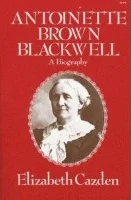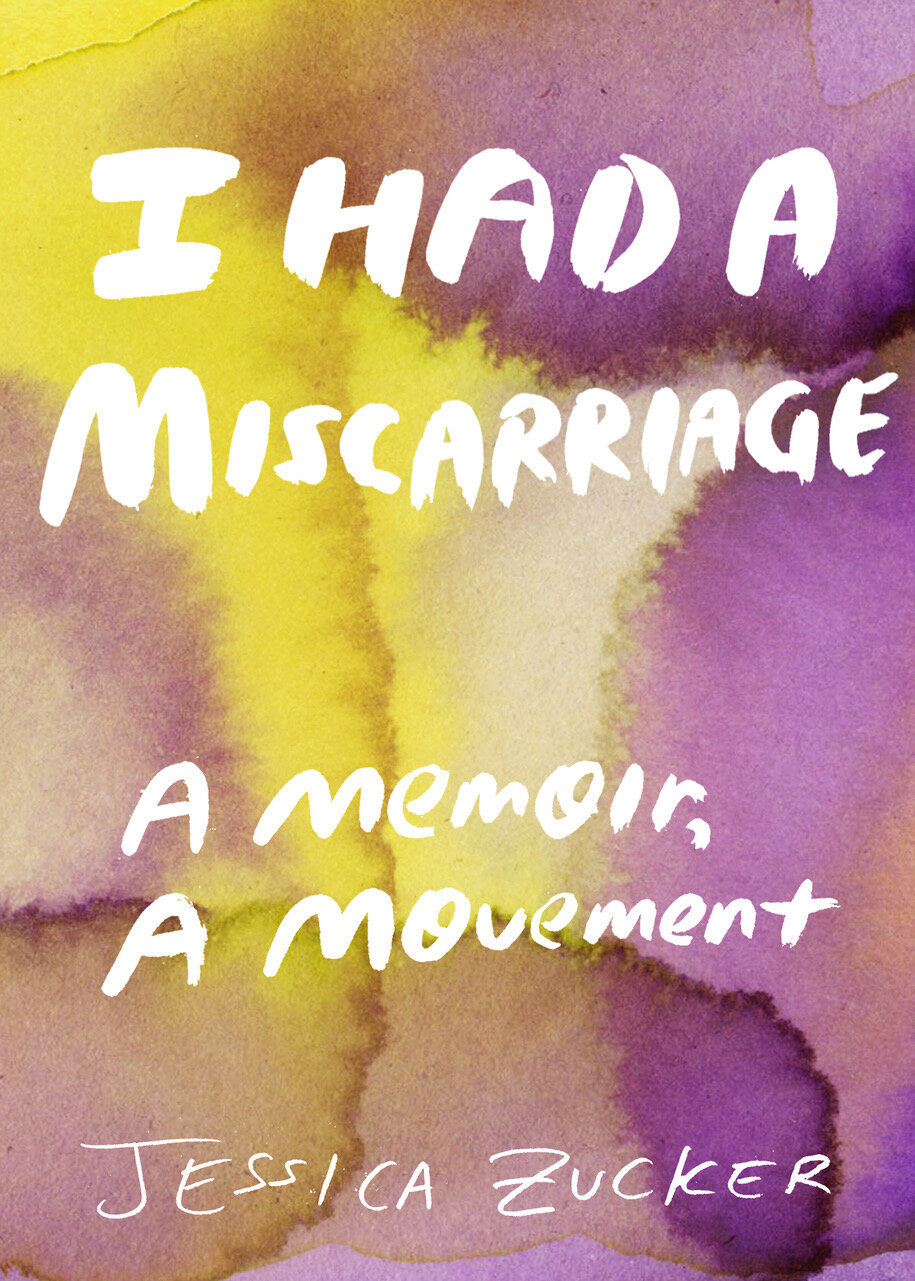Antoinette Brown Blackwell
Antoinette Brown Blackwell
Elizabeth Cazden
A biography of the first American woman to be ordained a Christian minister.
Paperback Edition
ISBN: 9780935312041
Publication Date: 01-01-1983
This first biography of the 19th-century feminist and first American woman to be ordained a Christian minister is steeped in family correspondence, contemporary newspaper accounts, and Blackwell’s own work.
Antoinette Brown Blackwell is determined to breach "the great wall of custom" and become a minister. Equally compelling is the story of her attempt to integrate her public and private lives; on the condition that she could continue her own professional work and he would share household responsibilities, she agrees to marry Elizabeth Blackwell's brother Samuel. Cazden follows Blackwell through her feminist activity on the lecture circuit with Lucy Stone, Elizabeth Cady Stanton, and Susan B. Anthony.
“In her illuminating biography, Cazden presents a thorough and informative account, critical without being judgmental, of this religious rebel who never abandoned her faith in immortality. While Blackwell spent much of her life struggling to square her personal religious and feminist views with the developing scientific thought of Darwin and Spencer, she retained her optimism about the future of women, finally concluding that the evolutionary process assured even greater advancements for her sex.” —Barbara Miller Solomon, History of American Civilization, Harvard University
“This fascinating biography brings us the drama and the thoughtfulness of the life of Antoinette Brown Blackwell, the first woman minister ordained in the United States. Brown’s struggle in the 1840s to obtain higher education equal to that of young men, her lifelong friendship with Lucy Stone, her leadership in the woman’s suffrage movement for sixty years, and her later philosophical writings are presented here with skill and verve. The author’s excellent use of manuscript sources brings readers very close to the texture of 19th century life.” —Kathryn Kish Sklar, History, University of California, Los Angeles






